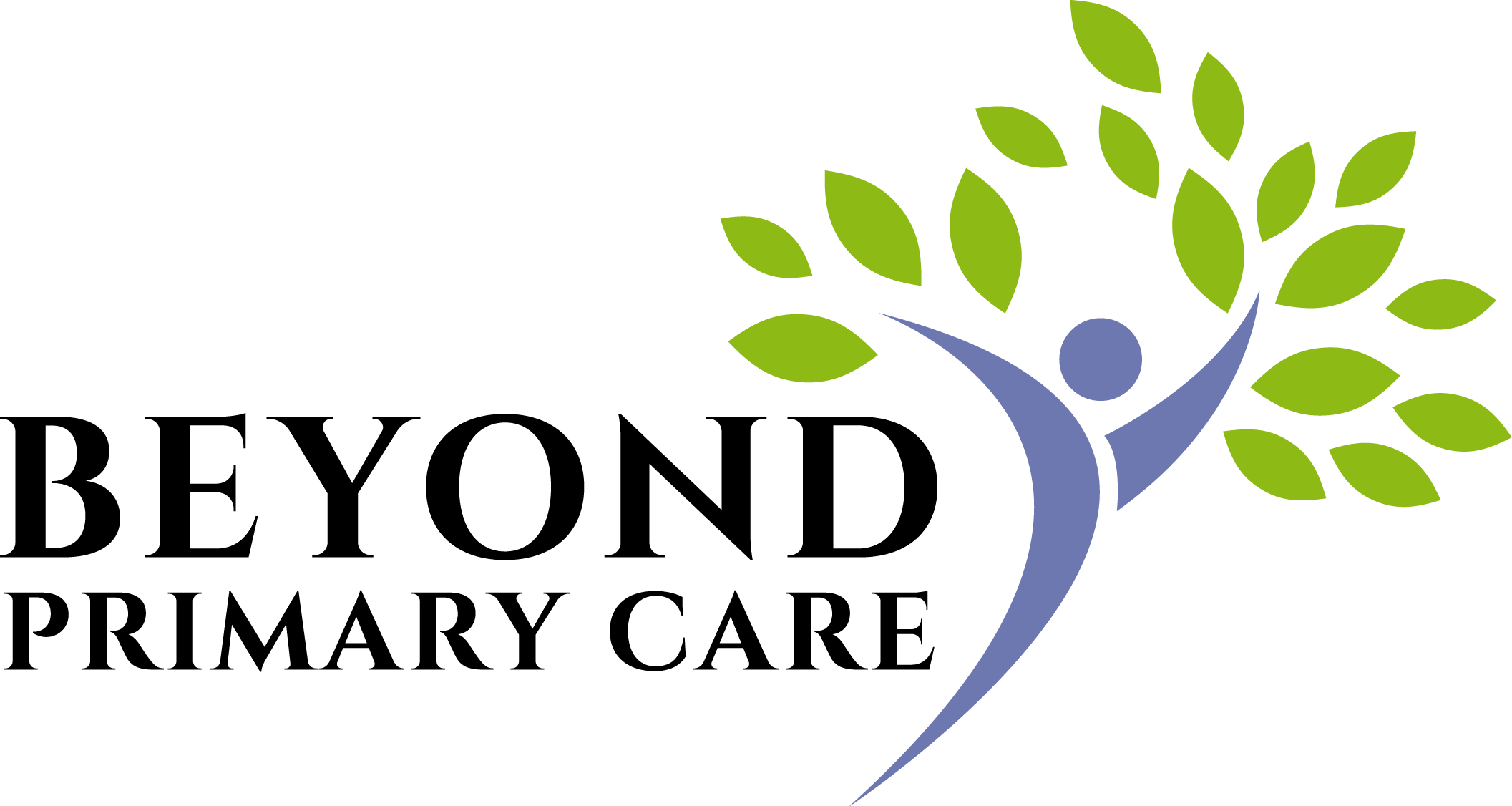Alternatives to Adderall (and other stimulants) for ADHD
Hi, thank you for coming back for the latest edition of Beyond Primary Care’s blog- Alternatives to Adderall (and other stimulants) for ADHD. In Beyond Primary Care blogs we highlight healthcare news, advice for medical conditions, and how membership for care works! Beyond Primary Care is an insurance free, membership based family medicine clinic. Beyond Primary Care is the highest rated Direct Primary Care clinic serving patients in Ann Arbor and throughout Washtenaw, Livingston, and Wayne counties giving families and employers peace of mind about healthcare costs by providing affordable and accessible primary care services.
In this blog post, we want to educate our patients and any prospective patients on cholesterol diagnosis and treatment.
Understanding ADHD
Attention Deficit Hyperactivity Disorder (ADHD) is a neurodevelopment disorder affecting children and adults. Yes, adult ADHD is real. In fact, symptoms from a childhood diagnosis of ADHD can continue into adulthood in more than three-quarters of all instances. According to the National Survey of Children’s Health (NSCH) reported for 2016, 9.8% of children aged 3-17 were diagnosed with ADHD. ADHD is characterized by symptoms such as distractibility, impulsivity, disorganization, and emotional sensitivity affecting everyday life.
Children and adults with ADHD can be very successful in life. However, without first recognition and therapy (medication and non medication), ADHD may have adverse repercussions such as school trouble, family disturbances, anxiety, depression, relationship difficulties, substance use and abuse, and job / career disruptions. Therefore, early recognition and treatment are necessary. In fact, the clinical practice guidelines developed by the American Academy of Child and Adolescent Psychiatry (AACAP) recommend medication as a first-lien treatment for ADHD.
Treating ADHD is a multi-step approach depending on age and severity but may include:
Parent training
Medication
Skill Training
Counseling
Educational Support
Adderall (and other stimulants)
Adderall is not the only stimulant based medication used to treat ADHD, though it may be the most recognizable. In fact, the FDA has approved 29 stimulant medications for treating ADHD in the US. These medications vary in dose and also come in long-acting formulations as well as instant formulations. Medication works, and when a person finds the right medication for them, they can experience substantial improvement in their ADHD symptoms.
There are a few inherent concerns with stimulant based medications. All stimulant based medications are considered schedule 2 controlled substances by the Drug Enforcement Agency (DEA) due to their potential to be abused and individuals to demonstrate tolerance and dependence to the medication. This is the same class that cocaine and methamphetamine falls under. This is pointed out not to demonize stimulant medications, but to demonstrate the risk of use and diversion- which is the selling or giving away of a controlled medication.
Additionally, In recent times there has also been a national-wide shortage on multiple forms of these stimulant medications. According to the FDA, the current shortage of Adderall was first posted October 12, 2022, and started with a delay from a manufacturer, which has since been resolved. Additional reasons for the shortage include Telehealth companies being able to prescribe controlled medications without in-office visits. With the recent release of the Diagnostic and Statistical Manual of Mental Disorders, Fifth Edition (DSM-V; American Psychiatric Association, 2013), the criteria for ADHD diagnoses was broadened and more children and adults are being diagnosed.
Lastly, about 15 percent of children and adults with ADHD do not respond to or do not tolerate stimulant medications. For these people, seeking other, non-stimulant medications should be sought. These medications take longer to deliver results than the stimulant mediations, but clinically can be effective.
Guanfacine (Intuniv)
Guanfacine is a part of the alpha-adrenergic gnosis’s class of medication, and is a non-stimulant medication. It works by helping reduce hyperarousal, inattentiveness, motor hyperactivity, and social disruptions at school and / or occupational activities. The extended-release (ER) formulation slows down the absorption of the medication to limit side effects, and small children may benefit from the ER version.
Clonidine (Catapres, Kapvay)
Clonidine is a part of the alpha-adrenergic agonist class of medication, and is a non-stimulant medication. In 2009, the FDA approved clonidine for treating ADHD, and works through central actions in the prefrontal cortex to improve symptoms such as impulsivity and restlessness. The extended-release (ER) formulation slows down the absorption of the medication to limit side effects, and small children may benefit from the ER version.
Atomoxetine (Strattera)
The non-stimulant atomoxetine is variously recommended by available guidelines as third-line, second-line, and potentially first-line treatment. It works as a non-stimulant, highly selective, norepinephrine reuptake inhibitor (SNRI) and is approved for ADHD by the FDA. The time course to optimal response from the medication is reported to be as long as six to eight weeks. However, one of the main benefits is that the duration of action of this medication is continuous after 2-4 weeks of being on a stable, therapeutic dose. Typical dosing is 25 mg-100 mg in adults. One of the possible side effects is the medication can be tiring, so it is recommended to take at night to reduce daytime drowsiness.
Bupropion (Wellbutrin)
Buproprion is a non-stimulant generic medication approved for depression but used “off-label” to treat ADHD. Bupropion boosts neurotransmitters in the brain including dopamine. There are studies that have shown effectiveness in children and adolescents with ADHD, as well as adults ADHD.
Books for ADHD in Adults
The mindfulness prescription for Adult ADHD
Solving the procrastination puzzle
ADHD Treatment
At Beyond Primary Care, we stock all non-controlled medications and supplements for our patients.
What to do?
Consider making an appointment at Beyond Primary Care. Beyond Primary Care is a Direct Primary Care clinic located in Ann Arbor, Michigan and cares for patients all throughout Washtenaw County, Wayne County, and Livingston County.
Thank you for reading
To make an appointment with Dr. Jeff O’Boyle please see our scheduling link.

